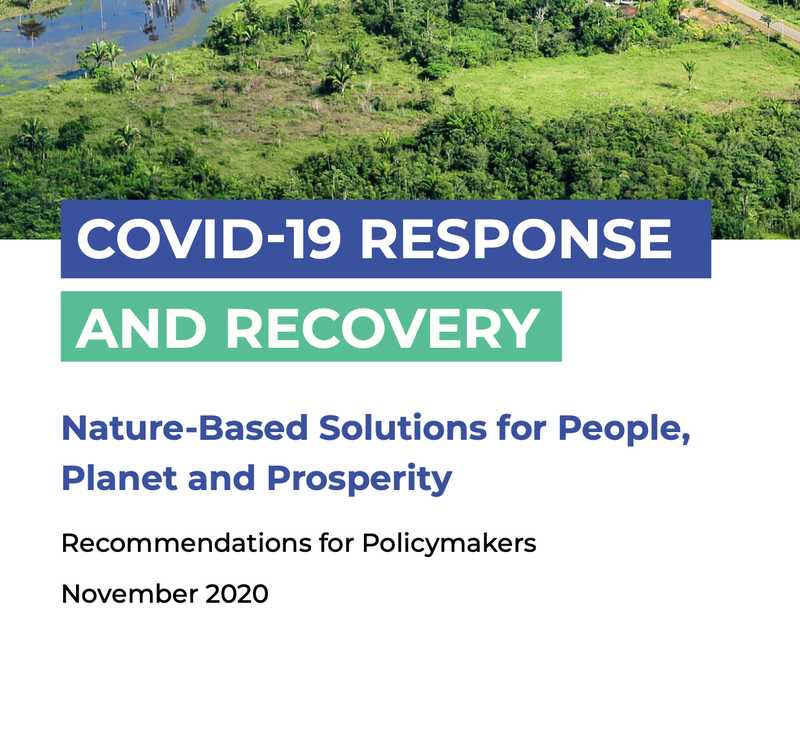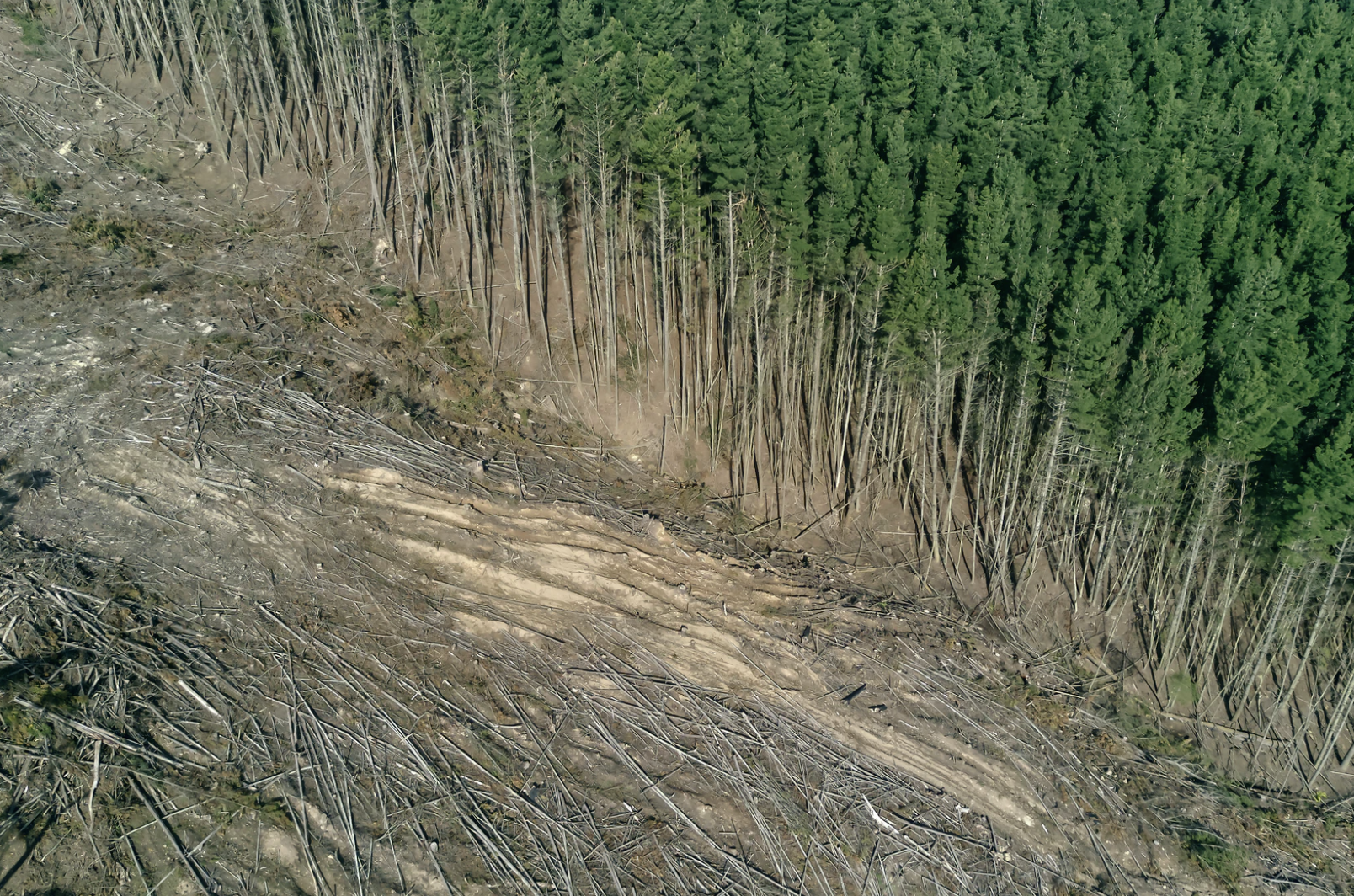
Friday 30th October 2020 — N4C congratulates IPBES for pulling this seminal analysis together. The statistics are both terrifying and emboldening. On one hand, the report cites that the likely cost of COVID-19 was $8-16 trillion globally by July 2020. It further estimates that costs in the United States alone may reach as high as $16 trillion by the 4th quarter of 2021.
Read more
Related articles for further reading
Friday 30th September 2020
N4C congratulates IPBES for pulling this seminal analysis together. The statistics are both terrifying and emboldening. On one hand, the report cites that the likely cost of COVID-19 was $8-16 trillion globally by July 2020. It further estimates that costs in the United States alone may reach as high as $16 trillion by the 4th quarter of 2021. Perhaps most significantly, experts estimate the cost of reducing risks to prevent pandemics to be 100 times less than the cost of responding to such pandemics, “providing strong economic incentives for transformative change.”
The report cites that another another 1.7 million currently ‘undiscovered’ viruses exist in mammals and birds – of which up to 850,000 could have the ability to infect people. Of note, the findings state that the pandemic risk can be significantly lowered by reducing the human activities that drive the loss of biodiversity, by greater conservation of protected areas, and through measures that reduce unsustainable exploitation of high biodiversity regions. This will reduce wildlife-livestock-human contact and help prevent the spill over of new diseases.
The underlying causes of pandemics are the same global environmental changes that drive biodiversity loss and climate change. These include land-use change, agricultural expansion and intensification.N4C in its recent compendium report illustrates the economic value of nature-based solutions and believes that real economic recovery will come in part from investing in nature – whether it be sustainable forest management, or other productive investments that can help rebuild carbon sinks. Our recent joint policy statement with another 20 NGOs also lays out a pathway for transformative change and ways to allay future pandemics.
